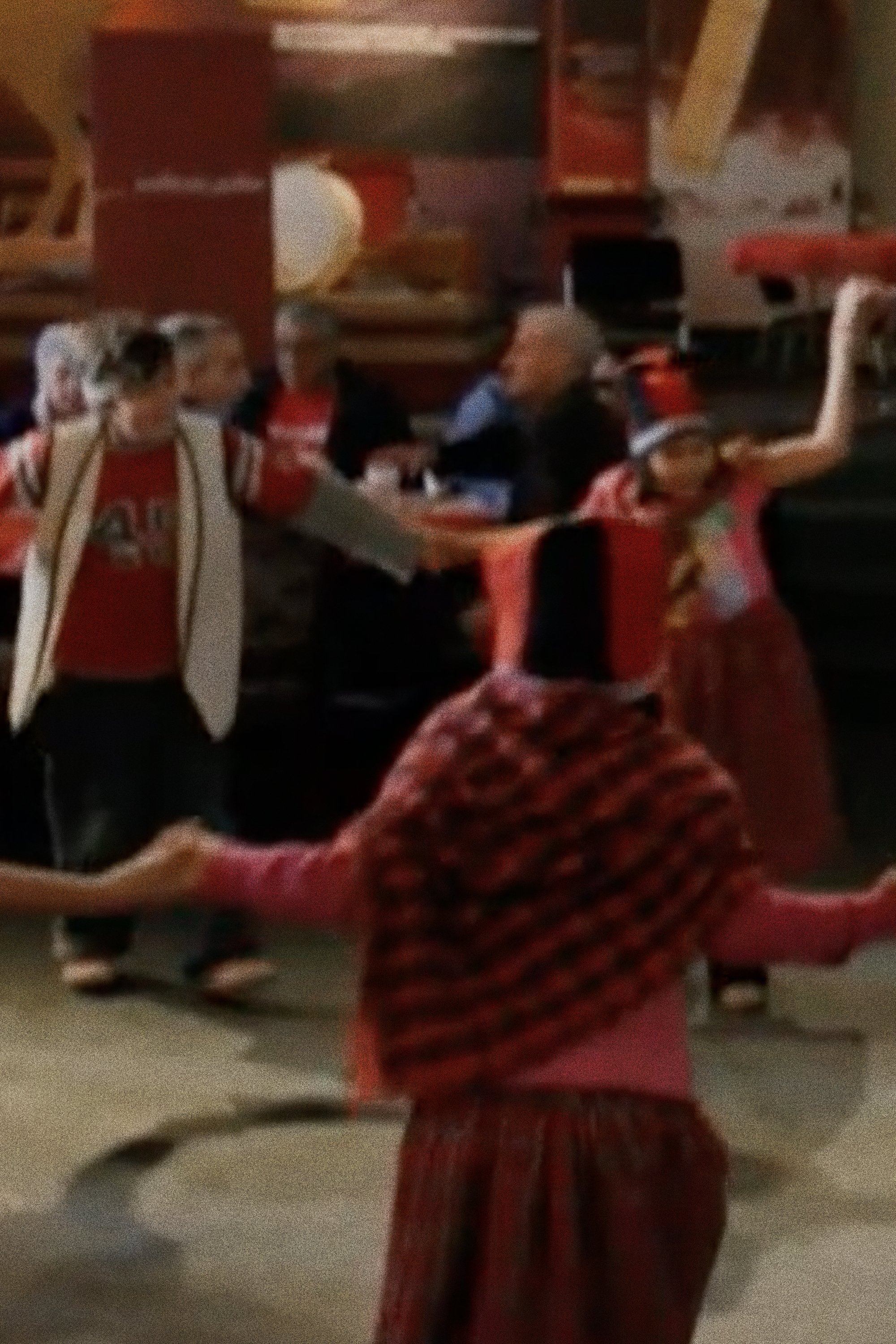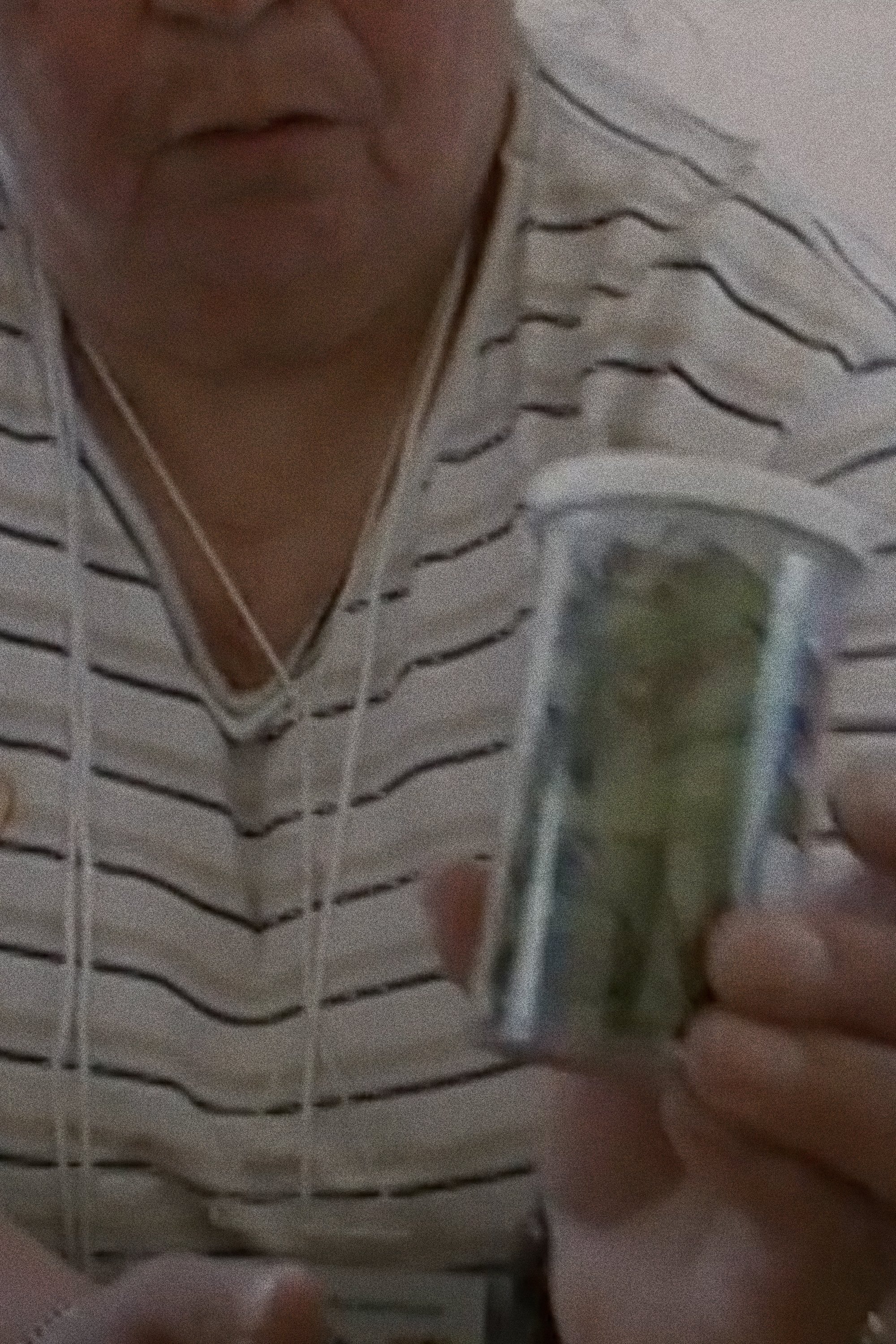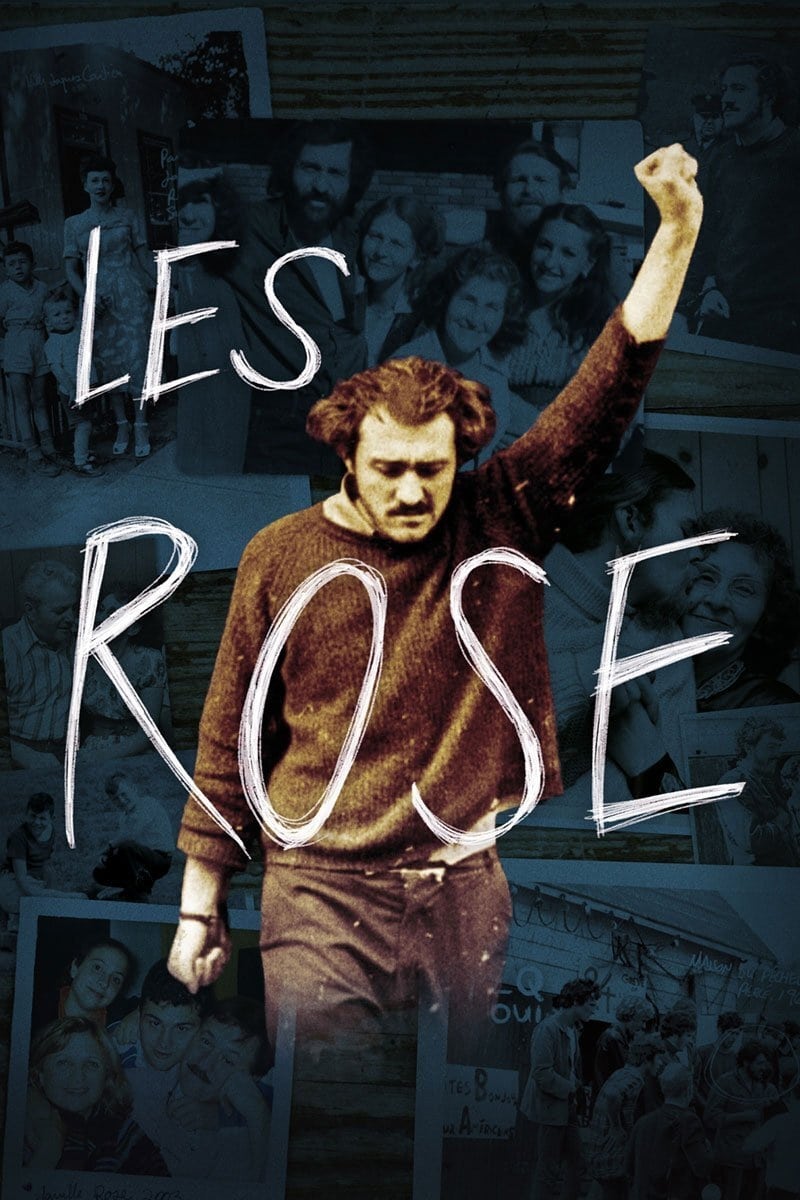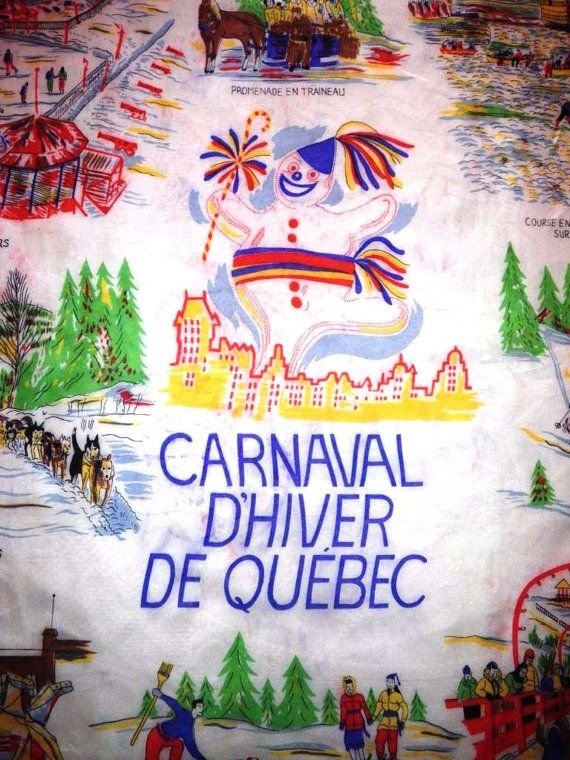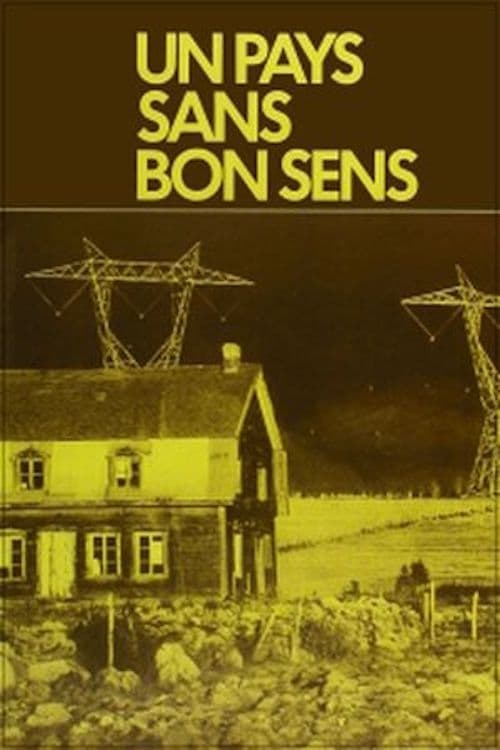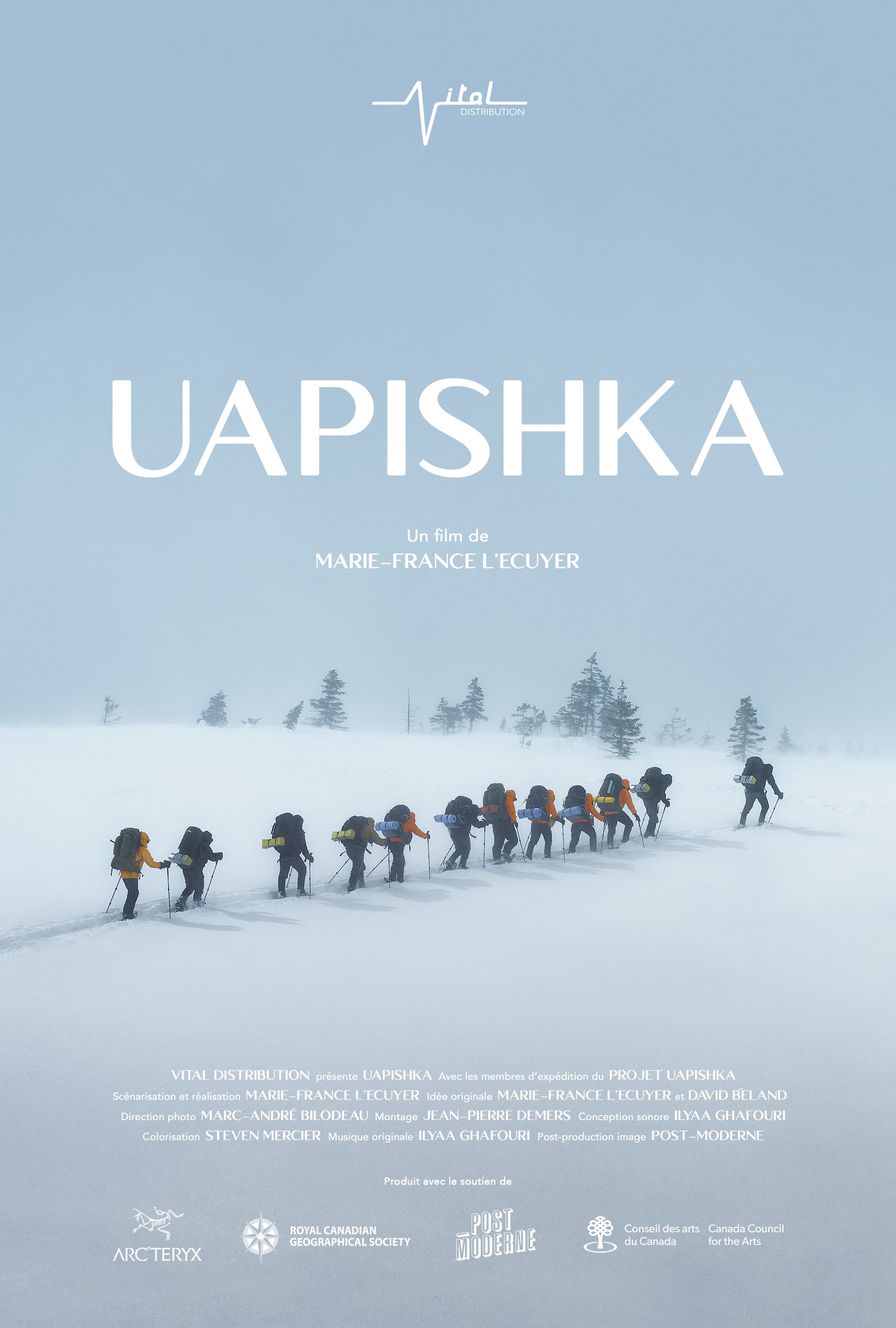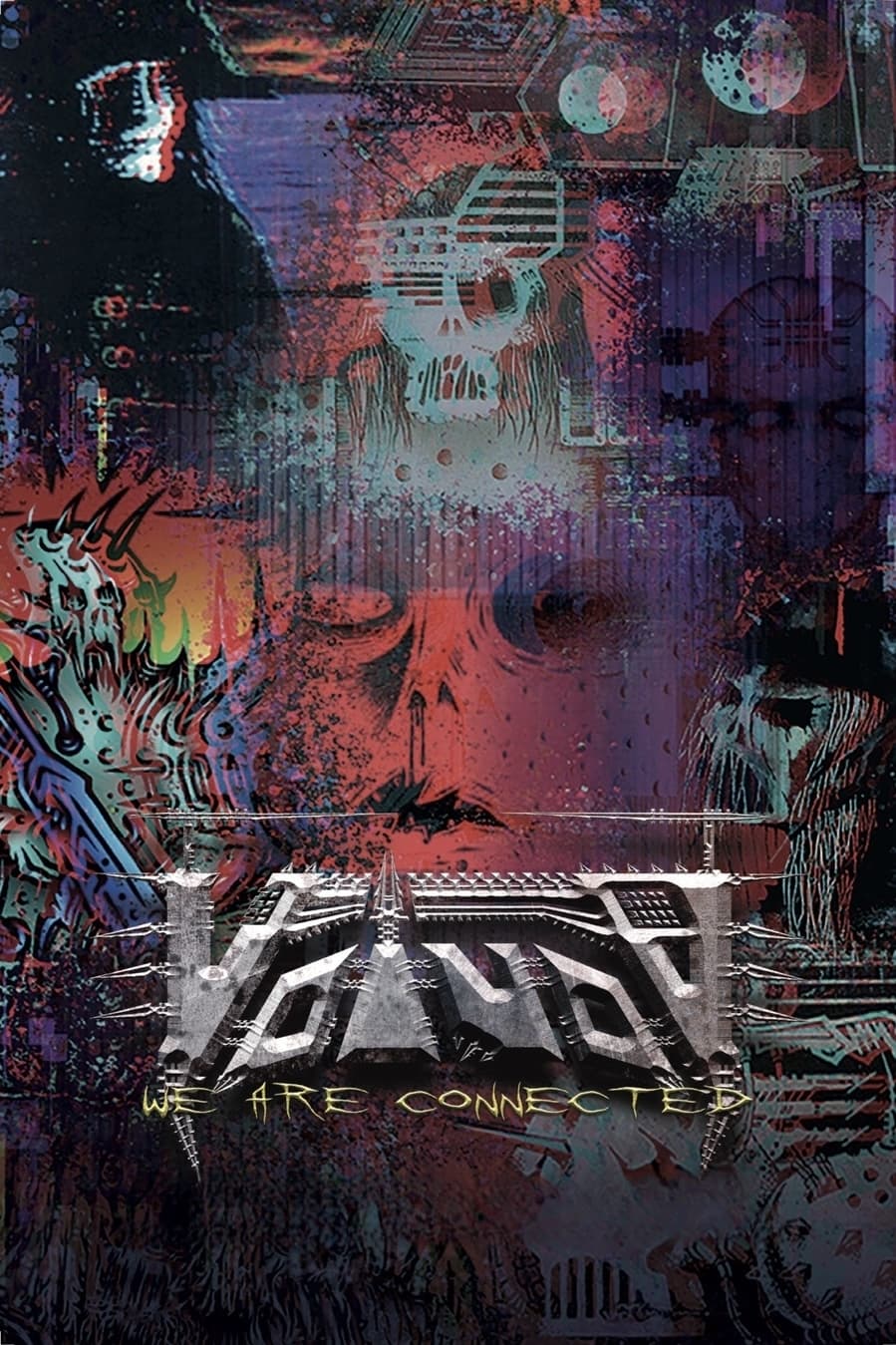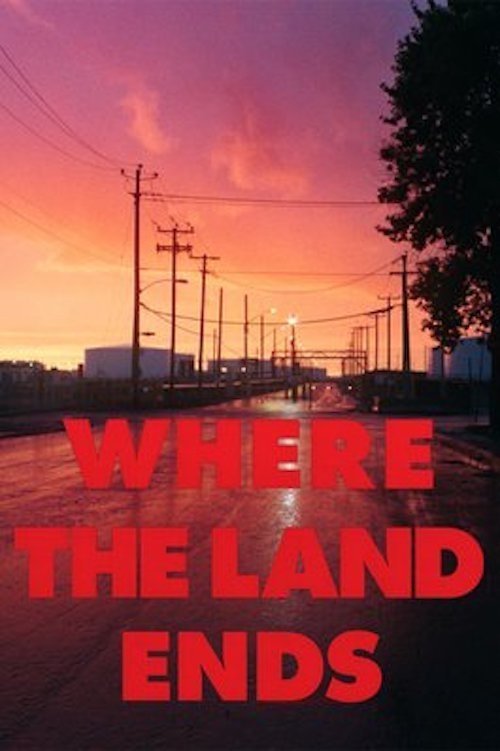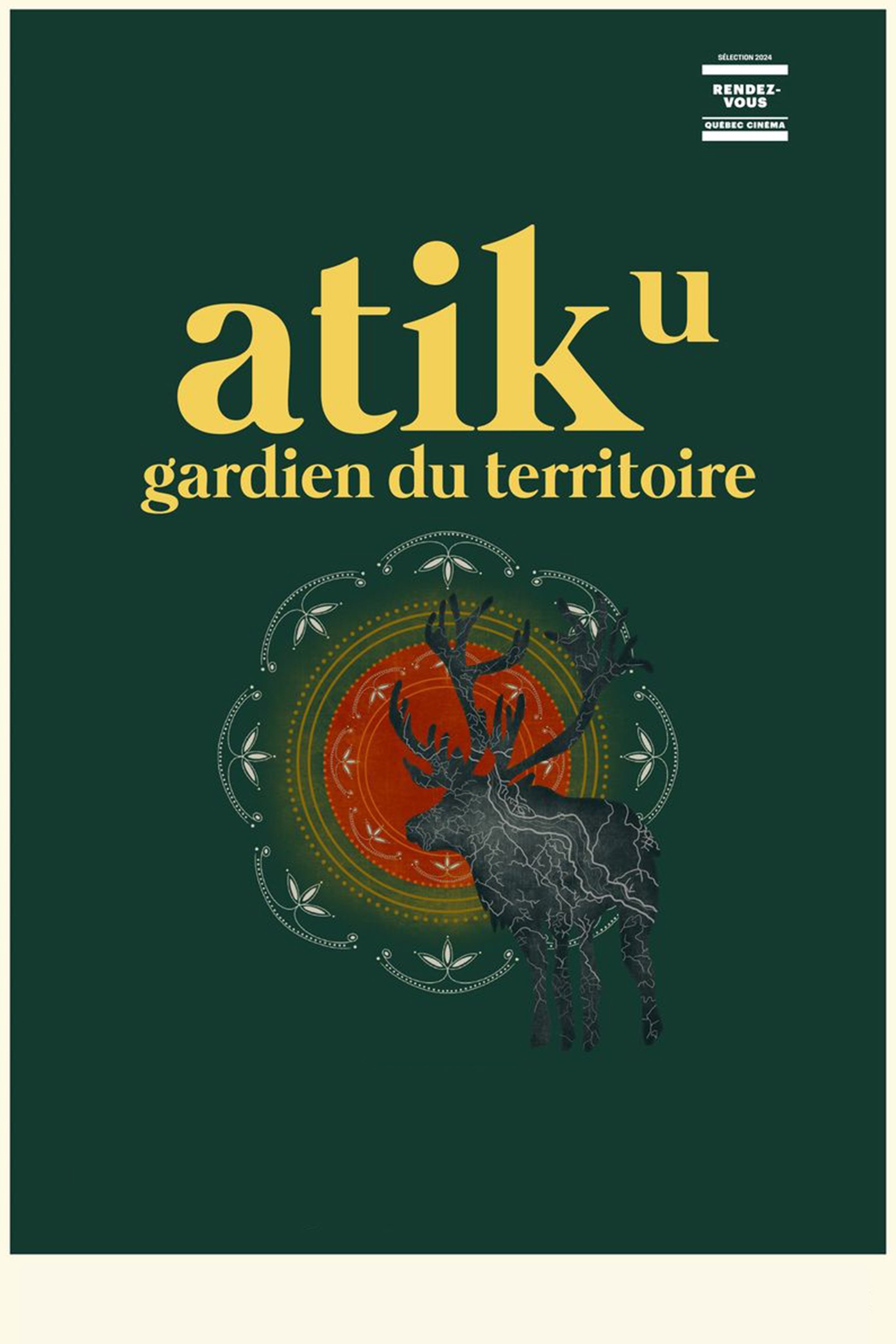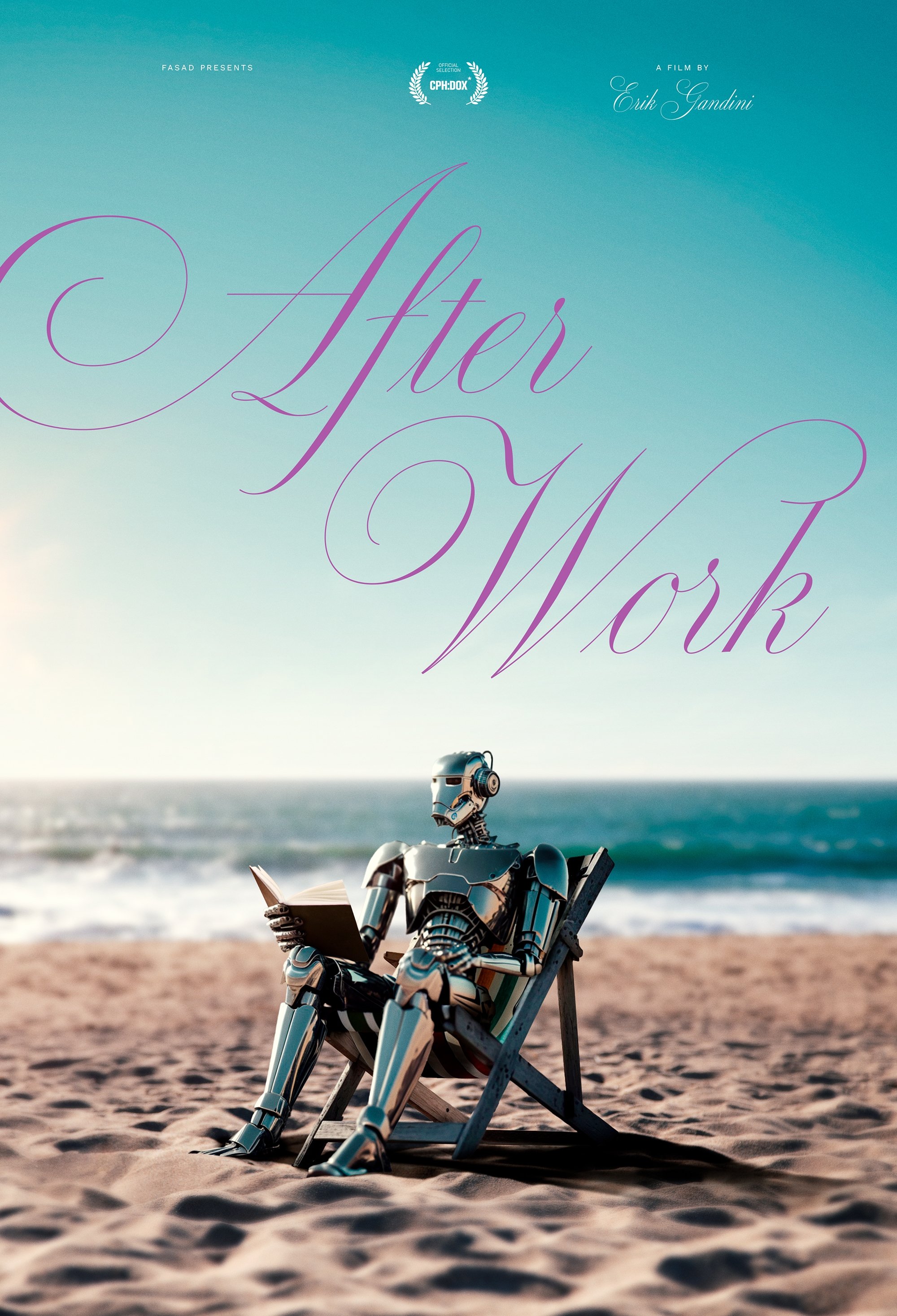Loto-Québec : La morale de l'argent (2015)
Overview
Production Companies
Additional Info
| Budget | $0.00 |
|---|---|
| Revenue | $0.00 |
| Original Language | fr |
| Popularity | 0.087 |
Directed By
Francine Pelletier
Crew
Francine Pelletier
TOP CAST
Similar Movies
Nanook of the North
This pioneering documentary film depicts the lives of the indigenous Inuit people of Canada's northern Quebec region. Although the production contains some fictional elements, it vividly shows how its resourceful subjects survive in such a harsh climate, revealing how they construct their igloo homes and find food by hunting and fishing. The film also captures the beautiful, if unforgiving, frozen landscape of the Great White North, far removed from conventional civilization.
The Rose Family
In October 1970, members of the Front de Libération du Québec (FLQ) kidnapped Minister Pierre Laporte, triggering an unprecedented crisis in Quebec. Fifty years later, Félix Rose tries to understand what could have led his father and uncle to commit such acts. Thanks to the confidences of his uncle Jacques, who agrees for the first time to speak on the subject, and to the precious traces left by his father Paul, he revives the rich heritage of a Quebec working family and gives back to the October crisis its social dimension. The fruit of ten years of research, Les Rose allows us to revive moments and characters that we only knew through a few clichés, and gives a glimpse of the social blockage experienced by a rebellious youth and the upheavals that followed.
Canadian Carnival
Carnival time in Quebec, Canada, is also time for racing with sled-dogs, horse-drawn sleighs, hockey, curling the carving of ice-statues, obstacle races by youngsters, fireworks, and also the selection of a Carnival Queen.
Un pays sans bon sens!
Essay-film on a crucial issue: the notion of belonging to a country. Lingered sentimentalism or deep psychological reality if one believes it is rooted in the heart of man? The action here takes place in the context of a nation that seeks: the French Canadians, and other people without a country: the Indians of Quebec, the Bretons of France. And here is the fundamental question posed: what are the "viable" peoples whose "maturity" allows them to "give" the autonomy and territory? And what is the environment that people can call "their country"?
My Friend Dino
After spending 4 years in prison for drug trafficking, Dino tastes fame by interpreting the godfather of the mafia in the TV series Omerta. Now 72 years old, he's preparing for a role that could be his last. Somewhere between reality and fiction, My Friend Dino offers a special access to the universe of this likable anarchist.
A Day in June
This short documentary profiles Saint-Jean-Baptiste Day parade in Montreal in 1959. The annual parade takes place every June 24th in memory of Saint-Jean-Baptiste, the patron saint of Québec. Candid shots of youngsters preparing their costumes for the festivities are partnered with a lively jazz soundtrack. All the Montrealers and out-of-town tourists featured in this film avidly participate in a public festivity that is dear to their hearts.
VOÏVOD: We Are Connected
From unlikely origins in northern Québec at the height of the Cold War, Voïvod’s post-apocalyptic sci-fi aesthetic, fuelled by a youthful obsession with their instruments, took them from underground success to sharing dates and tours with Iron Maiden, Rush, and Metallica. Despite adversity, and perhaps by cosmic intervention or just serendipity, Voïvod found guitarist Daniel “Chewy” Mongrain; subsequently, the band re-ignited their engines and laid a course back to Morgöth via numerous live shows around the world, a comeback album in Target Earth, singles, EPs, and finally, the late-career triumph, The Wake. In 2019, Voïvod were recognized by the Canadian Academy of Recording Arts and Sciences with a Juno Award for best hard rock/metal album of the year for The Wake.
Where the Land Ends
A documentary that explores what it means to be a young person in Quebec after the dissolution of the Quebec sovereignty movement.
Fog in February
On the eve of the publication of a biography of Claude Jutra, one of the most famous and celebrated filmmakers in Quebec and Canada, a leak leaked to the press reveals that the book contains anonymous allegations of pedophile acts committed by the filmmaker. The rumor spread like lightning, suddenly igniting the entirety of Quebec society. By finding today some of the main witnesses propelled overnight into the heart of an unparalleled media tornado, the documentary reconstructs with archive images and other previously unpublished images, the sequence of events which led to a rewriting of the story.
After Work
Kuwait’s constitution says that every person has the right to a job, so in some places 20 people are employed for one person’s job. In South Korea, they work so much that a policy has been introduced to turn off computers at the end of the day so that employees can’t work any more. In the US, they give up over 500 million holiday hours each year, while Amazon’s drivers are trying to form a union. Meanwhile, robots are poised to take over most jobs and put the rest of us out of work. Work is so crucial to our identity and what we spend our waking hours on that it is barely noticed anymore. A lot has happened since a group of Puritan priests invented the concept of work ethic in the 1600s, and in the 21st century the very concept of work is in many ways disintegrating. A perfect situation for a filmmaker like Swedish mastermind Erik Gandini, who travels the world to explore what the concept of work means today – if it means anything at all.
Banking on Bitcoin
Not since the invention of the Internet has there been such a disruptive technology as Bitcoin. Bitcoin's early pioneers sought to blur the lines of sovereignty and the financial status quo. After years of underground development Bitcoin grabbed the attention of a curious public, and the ire of the regulators the technology had subverted. After landmark arrests of prominent cyber criminals Bitcoin faces its most severe adversary yet, the very banks it was built to destroy.

